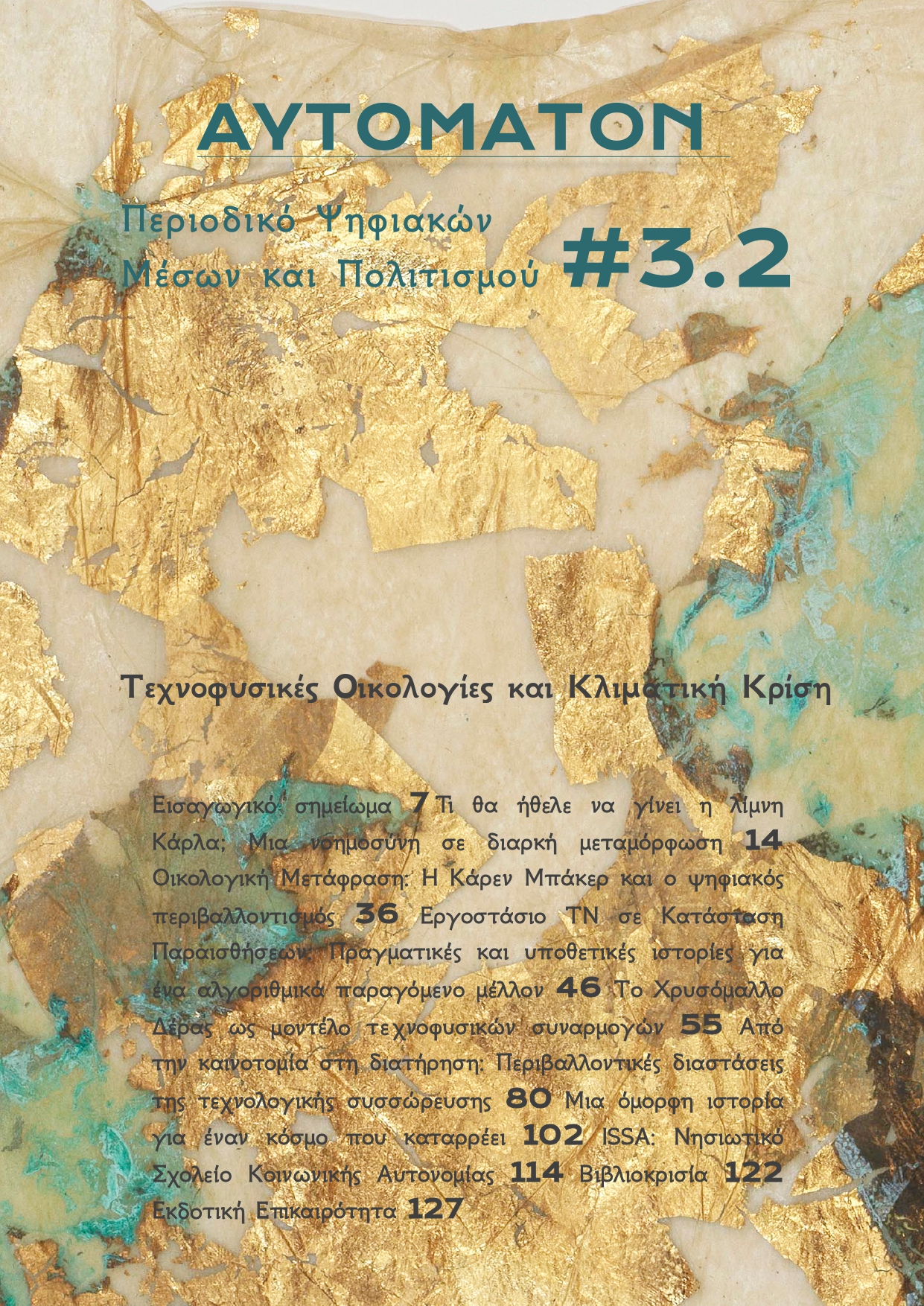ISSA, Island School of Social Autonomy Interview with Srećko Horvat, Mediengruppe Bitnik

Abstract
The Island School of Social Autonomy is a space on the island of Viz, Croatia, that focuses on ways of producing and sharing knowledge in the era of climate crisis and species extinction. It was the initiative of a large group of theorists, artists, technologists and activists. Sources of inspiration were Ivan Illich’s ideas of conviviality and decolonization of society, as well as the resistance history of the island itself. In the interview, some of its members talk about the history and the philosophy of the school, as well as the way it is organized in relation to place, time and the infrastructure that is shaped together. They insist on issues related to community, horizontality and joint action. The island’s location and its temporalities are discussed in relation to technology, decolonisation and the need to re-imagine the infrastructures we rely upon. They talk about the vision of an “autonomy archipelago” that relies on shared resources, trust and decentralisation.
Article Details
- How to Cite
-
Horvat, S., & !Mediengruppe Bitnik. (2025). ISSA, Island School of Social Autonomy: Interview with Srećko Horvat, Mediengruppe Bitnik. Αutomaton: Journal of Digital Media and Culture, 3(2), 114–121. https://doi.org/10.12681/automaton.42674
- Section
- Articles

This work is licensed under a Creative Commons Attribution 4.0 International License.
Authors wishing to publish articles in this journal agree to the following terms:
1. The Authors retain the Copyright and grant the journal the right of first publication while at the same time the copyright of the work is protected under the Creative Commons Attribution License which allows third party licensees to use the work as they wish provided they acknowledge the work's authorship and initial publication in this journal.
2. Authors may enter into separate additional contractual arrangements for the non-exclusive distribution of the published journal version of the work (for example, posting it to an institutional repository or publishing it in a book), with acknowledgment of its initial publication in this journal.
3. Authors are allowed and encouraged to post their work online before and during the submission process (e.g. on their website) as this can lead to productive exchanges as well as earlier and more citations of published work (See The Effect of Open Access).


